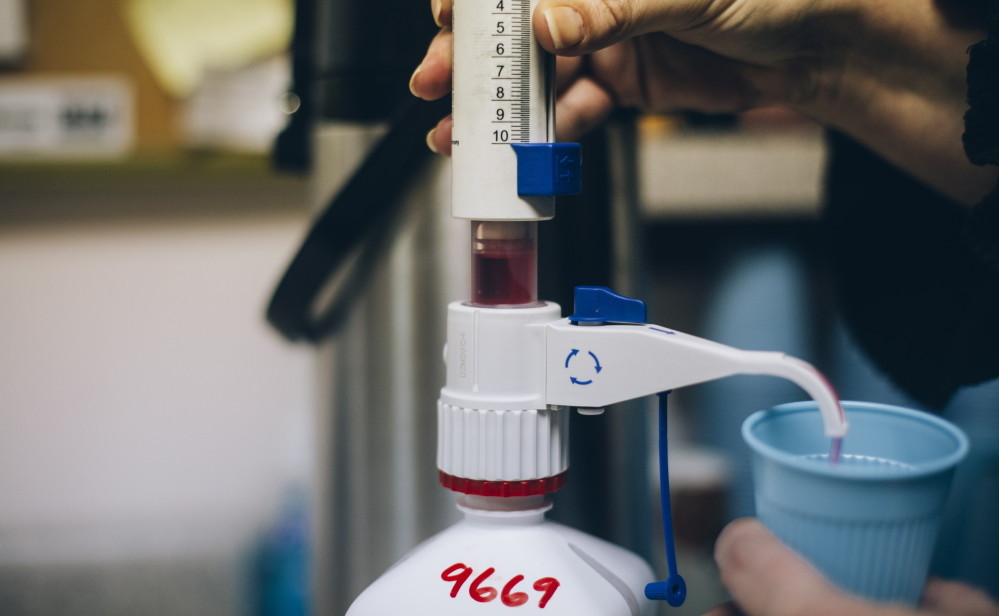To fight a raging statewide opioid crisis, Maine must put its full strength behind already-proven methods. So it was discouraging to learn this week that skepticism persists in Augusta about the most effective treatment for heroin addiction: methadone maintenance.
To get this life-saving remedy into the hands of those who need it, legislators should act quickly to advance a proposal to raise Medicaid reimbursement rates for methadone instead of letting themselves be derailed by groundless concerns.
Sponsored by state Sen. David Woodsome, R-Waterboro, L.D. 1473 would increase the weekly methadone reimbursement rate from $60 to $80 per patient, reversing a cut made in 2012 as part of the state’s bipartisan spending plan.
At a Health and Human Services Committee hearing last month, doctors and police turned out in force to advocate for the proposal. The need is huge – 3,463 Mainers sought treatment for opioid addiction in 2014, compared to 1,115 in 2010 – and a reimbursement increase would make it possible for methadone clinics to add staff and serve more people.
But questions posed during a follow-up workshop on the bill Wednesday indicate that several Republicans on the panel apparently still aren’t convinced.
Rep. Deborah Sanderson of Chelsea said that she and Hancock Rep. Richard Malaby were told by an unidentified methadone clinic employee that the medication made some patients so groggy that their counseling sessions were unproductive.
That isolated anecdote, though, shouldn’t be given the same weight as the extensive research attesting to the efficacy of methadone. Eighty percent of the patients who stay on methadone recover from their addiction, going on to lead normal lives and hold down jobs.
Given that Health and Human Services Commissioner Mary Mayhew has stressed the importance of an evidence-based approach to treating addiction, her agency should be supporting efforts to expand access to methadone.
In fact, making the medication more widely available is one provision of Vermont’s strategy – which Mayhew has held up as a model for Maine. (The LePage administration tried unsuccessfully last year to eliminate Medicaid reimbursement for methadone maintenance; the DHHS has remained neutral on L.D. 1473.)
This proposal isn’t perfect. It should also include support for other anti-addiction medications, such as Suboxone, which is more effective for some patients and, unlike methadone, doesn’t have to be distributed at a clinic. But the bill is on the right track, and given what’s at stake, lawmakers shouldn’t put needless obstacles in its path.
Send questions/comments to the editors.



Success. Please wait for the page to reload. If the page does not reload within 5 seconds, please refresh the page.
Enter your email and password to access comments.
Hi, to comment on stories you must . This profile is in addition to your subscription and website login.
Already have a commenting profile? .
Invalid username/password.
Please check your email to confirm and complete your registration.
Only subscribers are eligible to post comments. Please subscribe or login first for digital access. Here’s why.
Use the form below to reset your password. When you've submitted your account email, we will send an email with a reset code.